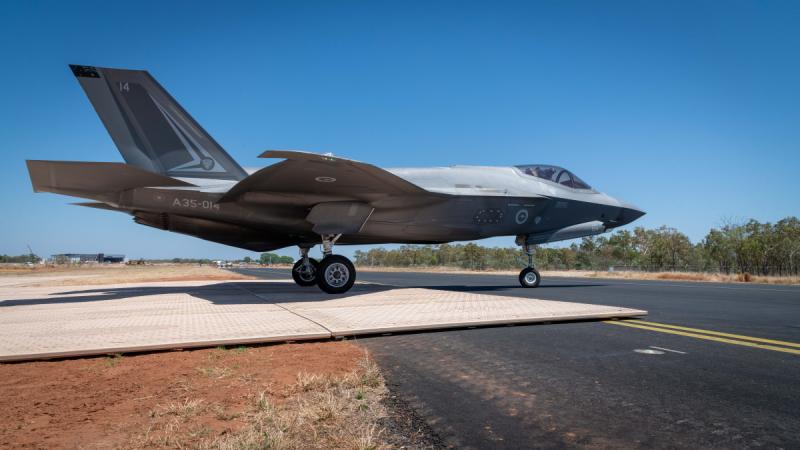On any given night in Maroondah, pre-packaged meals are being gratefully received by people struggling to put food on the table or sleeping rough as the impact from the coronavirus crisis continues to be felt.
With many people finding themselves in lockdown, isolation, without a job or money to buy food, demand for local services is at an all-time high.
Seven nights a week, across four different venues, outreach volunteers from various organisations continue to serve free takeaway meals to people experiencing disadvantage and homelessness in Maroondah.
Gitta Clayton, coordinator of the Winter Shelter program, which now runs four community evening meals each week in Maroondah, said the monthly distribution of meals had more than quadrupled since early May.
In May, there were 271 meals distributed across venues. By the end of August, that figure grew to 1325 meals.
While some people have come to rely on the service for their evening meal and to feed their families, others who have suddenly found themselves at a point in crisis are turning to the program for support for the first time, says Gitta.
Winter Shelter has also been making regular food donations to a group of circus performers who have been stranded at a site in Bayswater since March, unable to return to Western Australia due to Stage 4 lockdown restrictions.
Refugee communities in Maroondah are also leading the response to addressing food insecurity during COVID-19 with culturally appropriate food being made available to vulnerable members of their community.
Hope City Mission drive-through foodbank
Many food relief agencies, like Hope City Mission, have altered their services to ensure emergency food provisions and advocacy support continues to reach vulnerable members of the community during the COVID-19 pandemic.
The charity’s pantry-style foodbank is now offered as a contactless drive-through collection, with up to $250 worth of pre-packed staple items such as bread, pasta, vegetables and frozen meat being made available free to clients each week. Prior to COVID-19, clients were able to hand select food and essential household items from the pantry’s shelves.
Hope City Mission CEO Vanessa Bonica says that while the shopping experience may have changed for clients due to rules on physical distancing, the online booking system and contactless drive-through collection meant the service was reaching more people in need.
The charity organisation has partnered with Maroondah City Council as the leading agency providing emergency relief for the region, and currently assists 147 local families on an ongoing basis, providing food, advocacy, financial literacy online workshops, and fines program.
“Hope City Mission was quick to respond to the COVID-19 crisis and government recommendations to ensure we were able to continue to support our existing clients, as well as to expand to cater for the extra demand placed on our services. With over 30 per cent of local agencies closing their doors, Hope City Mission was determined to stay open if it was safe to do so,” said Vanessa.
“Working closely with Council, we have been able to develop a seamless referral process for COVID-19 state government referrals for those in either quarantine, isolation or financially affected due to the pandemic,” she said.
“We have transformed our intakes and assessing procedures from being a face-to-face process to an online and telephone service,” Vanessa added.
Hope City Mission has also teamed up with ADRA Vive Café and Council to establish a home delivery service for clients who are either in self isolation due to COVID-19, referred via government referrals or without transport. The organisation is also providing support to other local agencies by making excess stock available.
With the coronavirus throwing many out of work, Vanessa says the organisation has reported a 300 percent increase in the number of people accessing its fines program due to accumulating debt on unpaid fines.
To help, Hope City Mission has partnered with Fines Victoria to provide vulnerable and disadvantaged people with a non-financial option to address their fine debt. The Work and Development Permit program allows an eligible person to work off fine debt by participating in activities such as financial literacy/budget workshops, one-on-one online sessions and in some cases, volunteering at Hope City Mission.
“What we have found since COVID-19 is people who have recently become unemployed are seeking financial assistance with debt, however, they have really struggled with accepting food relief thinking there is always someone worse off than them,” explained Vanessa.
For anyone wanting to help by donating, Hope City Mission is accepting financial donations and supermarket/homewares gift vouchers. All donations over $2 are tax deductible.






